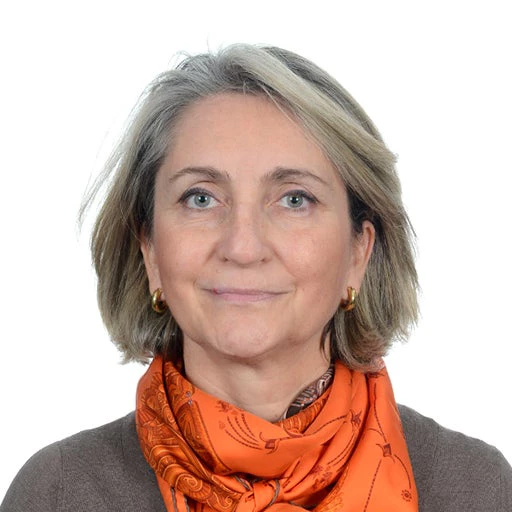
This blog post is a part of the International Open Access Week blog serie s .
October 27 is the last day of this year’s International Open Access (OA) Week. Team Leads for this year’s OA Week Celebration at the World Bank, Devika Levy in Digital Publishing and Duncan Omole from the WBG Library highlight the main messages of our 10-part blog series which led up to our OA Week panel discussion yesterday:
This year’s OA Week theme was “Open in order to…”, where participants were invited to fill in the blank with their vision and motivation for Open Access. The World Bank chose to fill in the blank with “…end extreme poverty” – the mission of the Bank Group 1.
Our blog series demonstrated how the Bank’s Access to Information policy provides greater transparency and promotes citizen engagement. Should anyone have a question about the wide range of Bank activities, including country strategy documents, research and operations, they can submit an access to information request to learn more. We learned there is research that supports how openness leads to better development – whether through greater dissemination of vital research or by encouraging innovation.

Open Access to publications and journals expands access to regions that face budgetary challenges and limited resources. In this era of misleading news sites and questionable “predatory” journals, fortunately, there are many reputable, high-quality, peer-reviewed sources of OA research both inside and outside the World Bank.
The Bank’s Open Archives allows researchers, funders, policymakers, and the general public the opportunity to find information that supports their work and interests, and in the examples we featured, better development outcomes. Our Open Data initiatives not only make World Bank’s data available to the public, but also help to build capacity with governments that are working towards making their data open to the public.
While OA has come a long way, many challenges remain. The World Bank continues to try to reduce the amount of negotiation involved with publishers in order to make the World Bank content they publish OA, and to reduce the publisher’s embargo period.
Measuring impact is also a challenge with OA, as it is difficult for institutions to track how their research is being used and whether it influences policy, debate, or changes behavior for better outcomes. As we celebrate the 5th Anniversary of the World Bank Open Knowledge Repository and Open Access Policy, what we do know however, is that more than 15 million people have taken advantage of free and open access to our publications, and more than half of our users are in low- and middle-income countries. And that alone is cause for celebration.
1 The World Bank Group has set two goals for the world to achieve by 2030: End extreme poverty by decreasing the percentage of people living on less than $1.90 a day to no more than 3%, and promote shared prosperity by fostering the income growth of the bottom 40% for every country.


Join the Conversation